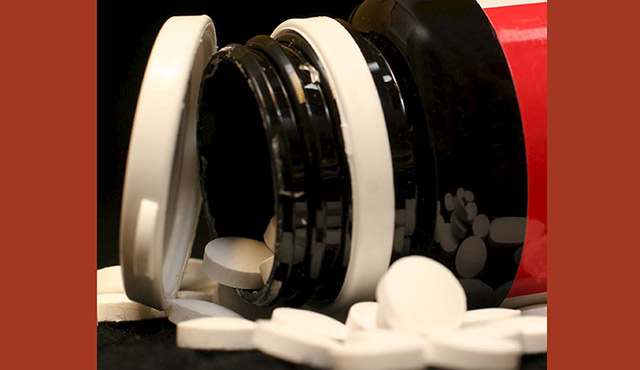HONOLULU (CNS) — The House Health Committee of the Hawaii Legislature March 23 unanimously voted to defer a bill that would have legalized physician-assisted suicide for terminally ill patients.
The move by the seven-member committee, which took place after hours of what new reports described as “intense debate,” essentially means no further action will be taken on the measure this session.
On March 7, the Hawaii Senate passed the measure, called the “Medical Aid in Dying” bill, or S.B. 1129, with 22 votes in favor, three against. Two of the affirmative votes were cast “with reservations.”
During their consideration of the bill, House Health Committee members, led by Rep. Della Au Bellati, the chair, said they were concerned about a lack of specifics, enough safeguards to protect vulnerable people, and what training physicians would receive about prescribing lethal drugs to terminal patients who would request them.
The proposed bill, based on a law, in Oregon would have allowed an adult Hawaii resident diagnosed with a terminal illness and determined to have six or fewer months to live, to request a prescription for a lethal dose of medication to be self-administered to end his or her life.
The Catholic Church in Hawaii actively opposed the bill.
In testimony Feb. 24, the Hawaii Catholic Conference, the public policy voice for the Catholic Church in Hawaii, stated that legal assisted suicide “can undermine the physician’s role as healer, forever alter the doctor‐patient relationship, and lessen the quality of care provided to patients at the end of life.”
The Catholic conference pointed out the incongruity of the state promoting and facilitating suicide for one group of persons, calling it “dignified and humane,” while “recognizing suicide as a serious statewide public health concern in all other circumstances.”
The conference organized a statewide petition against the measure that collected thousands of signatures.
Honolulu Bishop Larry Silva, in a letter to Catholics in the statewide diocese, called the effort to legalize physician-assisted suicide as a “wolf in sheep’s clothing” and “another manifestation … of the ‘culture of death.'”
The bishop countered the argument that terminal illness “diminishes” a person’s dignity or “true humanity.”
“It costs a tremendous amount of time and money to care for someone who is very sick,” he said. “Yet true compassion means ‘suffering with’ someone — or allowing others to suffer with us — and while it is very humbling, the most intimate bonds of human caring can be nurtured in just such circumstances.”
Bishop Silva expressed concern that legalizing assisted suicide would open the door to a “culture of euthanasia” and abuse of the elderly.
“Mass legalization of assisted suicide is not inevitable,” said bioethicist Wesley J. Smith, writing March 24 in National Review. “Now, after losing recently in New Mexico, add Hawaii to the ‘not inevitable’ list.”
He was referring to an assisted suicide measure defeated March 15 in a 22-20 vote by the New Mexico Senate. The bill had easily passed the Senate Public Affairs Committee March 3.
A Seattle-based nonprofit human rights organization called “Choice” Is an Illusion, which opposes assisted suicide, said the now-deferred bill was “sold as providing a voluntary patient choice,” but did not “even have a requirement of voluntariness, capability or consent when the lethal dose is administered.
“The claim that self-administration is required is not true,” the group said. “The act says that a patient ‘may” self-administer the lethal dose. There is no language that administration ‘must” be by self-administration.
“Administration of the lethal dose is allowed to occur in private without a doctor or witness present,” it added. “If the patient objected or even struggled, who would know?”
“Although this may seem like the battle is over, we must stay vigilant! ” Eva Andrade said in a statement posted on the website of the Hawaii Catholic Conference.
In testimony in February, Andrade said that assisted suicide invites exploitation of vulnerable people.
“It puts the poor, elderly, sick and disabled at risk for abuse,” she said, “no matter what the proposed safeguards. With elder abuse already a major problem in Hawaii, turning the right to die into a duty to die — creating subtle pressure on the elderly to end their lives early so as not to be a burden to their families — may very well be a consequence of this law.”

